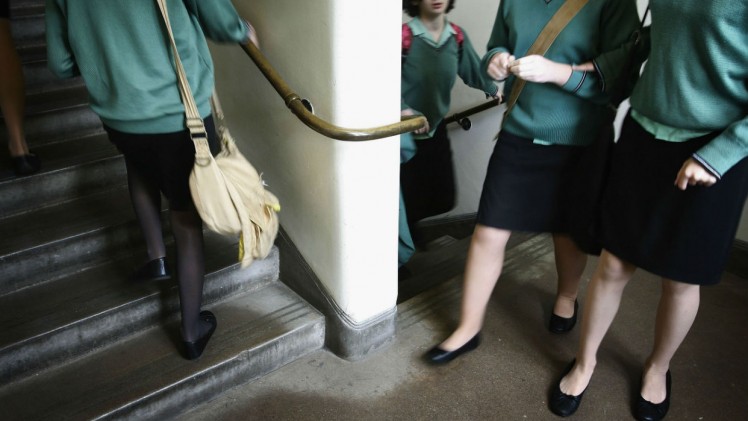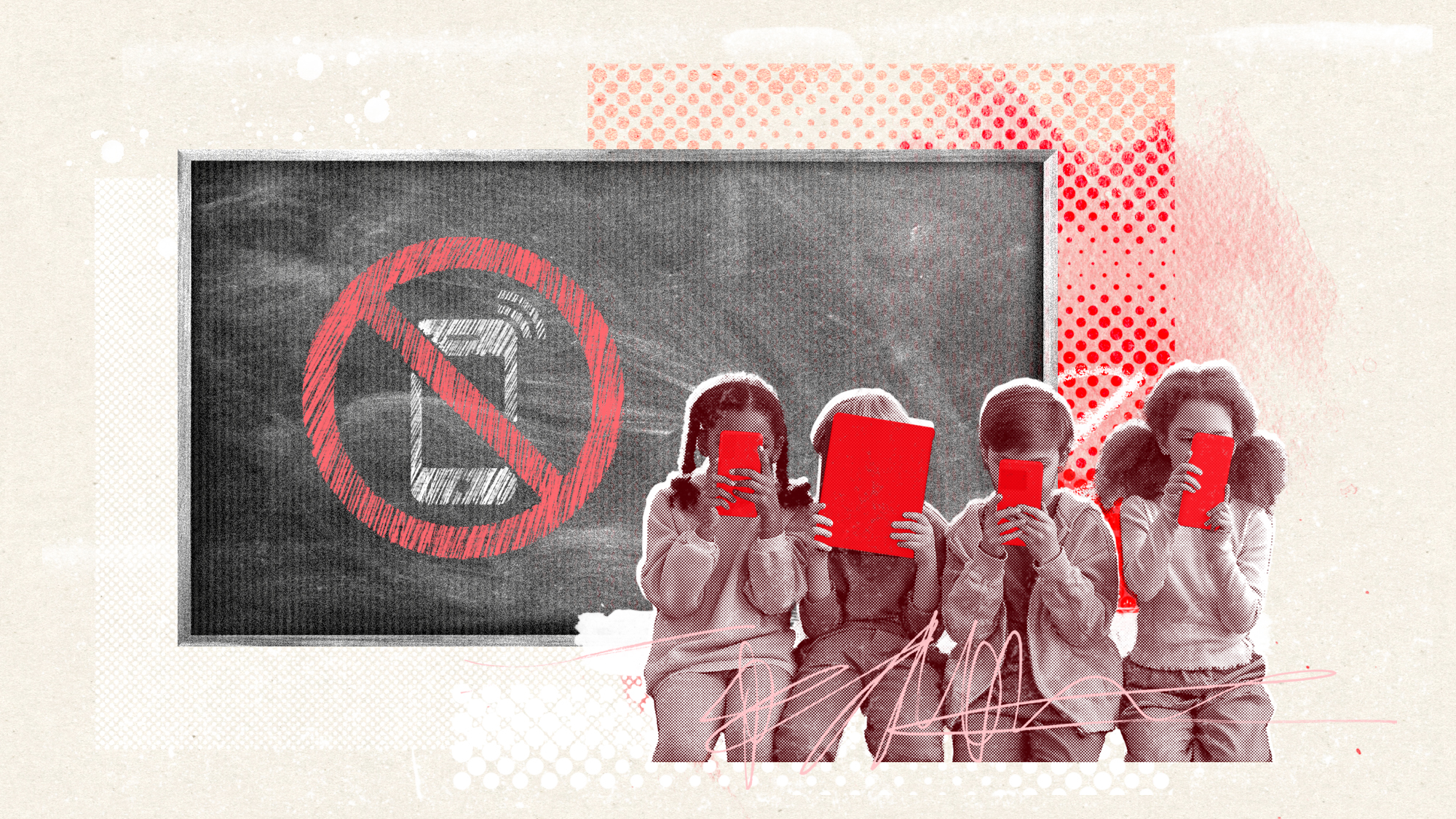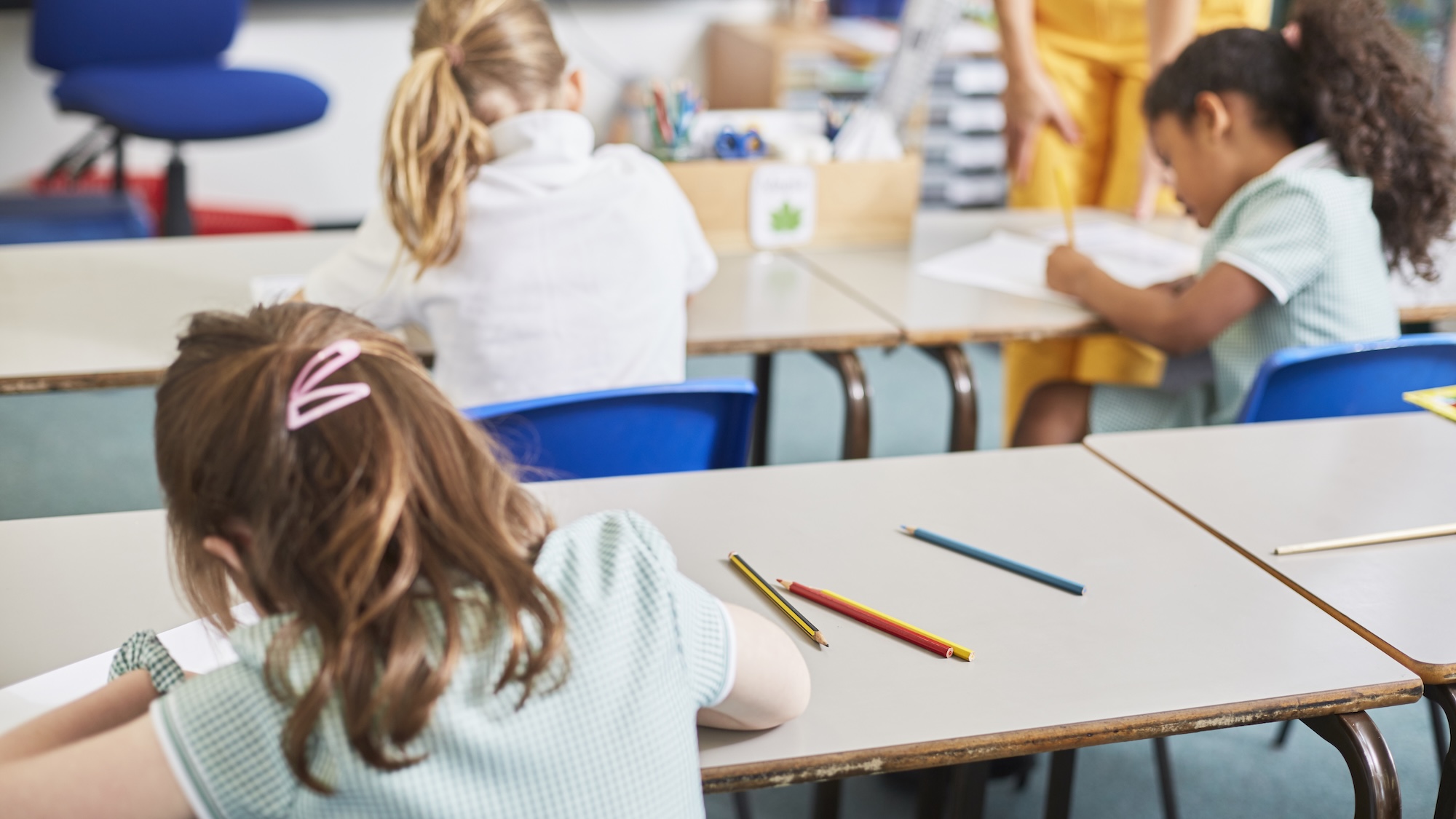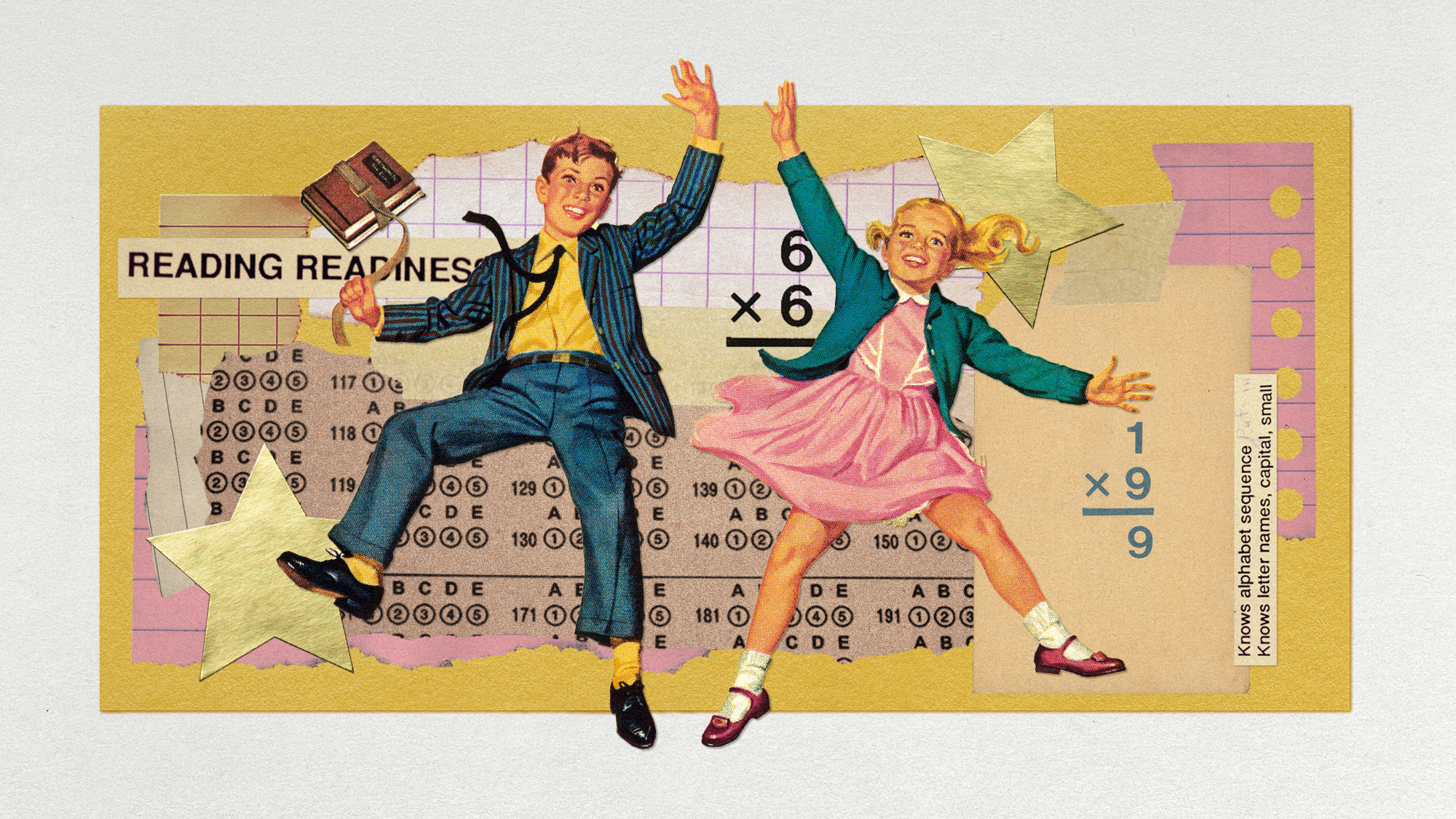State schools to let boys wear skirts to class
Gender-neutral uniform code hailed by diversity campaigners despite religious concerns

A free daily email with the biggest news stories of the day – and the best features from TheWeek.com
You are now subscribed
Your newsletter sign-up was successful
New rules brought in by 80 state schools will allow boys to wear skirts and girls to wear trousers under a gender-neutral uniform policy.
As part of a government-funded drive for schools to be more sensitive to children questioning their gender, the schools have either dropped references to girls and boys in their dress code or have rewritten it to say pupils can dress in the uniform in which they feel most comfortable.
This follows a move earlier this year by some independent schools which adopted a transgender-friendly dress policy.
The Week
Escape your echo chamber. Get the facts behind the news, plus analysis from multiple perspectives.

Sign up for The Week's Free Newsletters
From our morning news briefing to a weekly Good News Newsletter, get the best of The Week delivered directly to your inbox.
From our morning news briefing to a weekly Good News Newsletter, get the best of The Week delivered directly to your inbox.
While the government directive has been hailed by diversity campaigners, who have long said that current school uniform policy discriminates against LGBT pupils, Christian organisations have raised concerns. They say "introducing a choice of uniform could confuse young children and lead older pupils to question their identities at a time when they need reassurance", says The Sunday Times.
Chief executive of Christian Concern Andrea Williams said that the introduction of unisex toilets and gender-neutral uniforms could mean "schools were pushing an agenda onto impressionable minds and setting a precedent for other schools".
She added: "We are increasingly seeing boundaries being overstepped and it is concerning."
But Birmingham head teacher Paula Weaver, whose school has introduced the new policy, said: "Everybody has the right to be themselves - that was the impetus for it.
A free daily email with the biggest news stories of the day – and the best features from TheWeek.com
"We do lots of work through literature and drama and we talk to children about the fact that we have someone who was assigned male at birth who is saying, 'I'm a girl.' It's about being open with them and about everyone feeling OK."
-
 Local elections 2026: where are they and who is expected to win?
Local elections 2026: where are they and who is expected to win?The Explainer Labour is braced for heavy losses and U-turn on postponing some council elections hasn’t helped the party’s prospects
-
 6 of the world’s most accessible destinations
6 of the world’s most accessible destinationsThe Week Recommends Experience all of Berlin, Singapore and Sydney
-
 How the FCC’s ‘equal time’ rule works
How the FCC’s ‘equal time’ rule worksIn the Spotlight The law is at the heart of the Colbert-CBS conflict
-
 The pros and cons of banning cellphones in classrooms
The pros and cons of banning cellphones in classroomsPros and cons The devices could be major distractions
-
 School phone bans: Why they're spreading
School phone bans: Why they're spreadingFeature 17 states are imposing all-day phone bans in schools
-
 Schools: The return of a dreaded fitness test
Schools: The return of a dreaded fitness testFeature Donald Trump is bringing the Presidential Fitness Test back to classrooms nationwide
-
 Send reforms: government's battle over special educational needs
Send reforms: government's battle over special educational needsThe Explainer Current system in 'crisis' but parents fear overhaul will leave many young people behind
-
 Education: Can public schools be religious?
Education: Can public schools be religious?Feature A Supreme Court seems ready to rule in favor of religious charter schools in Oklahoma, which could reshape public education
-
 America's academic brain drain has begun
America's academic brain drain has begunIN THE SPOTLIGHT As the Trump administration targets universities and teachers, educators are eying greener academic pastures elsewhere — and other nations are starting to take notice
-
 Schools' Send crisis: how can it be fixed?
Schools' Send crisis: how can it be fixed?Today's Big Question Government urged to reform support for children with special educational needs and disabilities and save councils from bankruptcy
-
 Unschooling: the radical education trend raising eyebrows
Unschooling: the radical education trend raising eyebrowsUnder the radar Some parents are letting their children lead their education